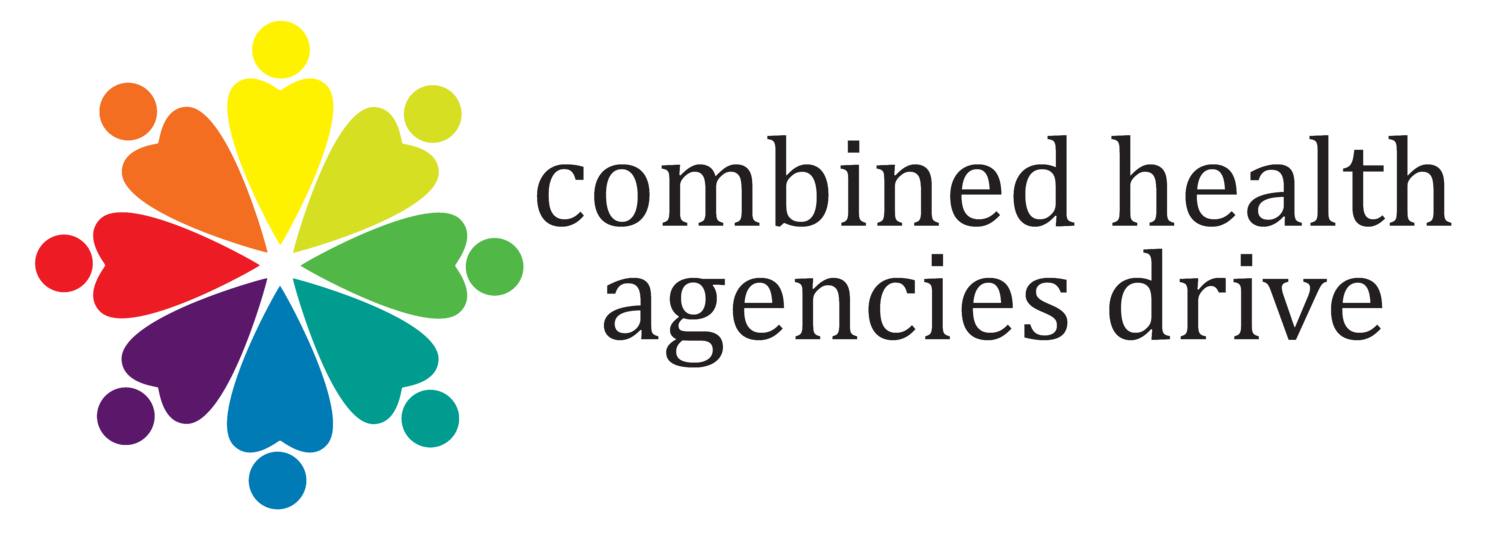Broken Foot, Opened Eyes: The Everyday Fight for Accessibility
I'm Kari Stofer, CHAD's West Central Director. Last summer, I got a crash course in navigating the world on crutches and a knee scooter after breaking my foot. Having managed an autoimmune disorder since I was 15, I'm no stranger to surgeries and health challenges but THIS was an eye-opener. For 12 weeks, every outing felt like competing on an extreme obstacle course—except there were no trophies at the end.
Automatic doors? More like automatic disappointments. Some didn’t work, and others had buttons so far away they may as well have required a treasure map to find. Elevators? Terrifying. Doors snapped shut like mousetraps, and thresholds were booby traps for my scooter wheels. Let’s not even talk about ramps covered in debris or sidewalk cracks that sent me sprawling. Every single move demanded full attention and energy just to stay upright and get where I was going. And parking? At first my temporary permit seemed like a prize…but certain places never seemed to have any spaces available or weren’t wide enough to wrestle my scooter in and out of my car. The extra space for handicapped van parking isn’t just convenient; it’s essential-even for a car. Adding insult to injury, someone stole my permit—as if the physical obstacles weren’t enough. I am not an expert nor did I travel in the 12 weeks, but I am betting it is similar in most places. What we are really talking about are tools all of us have used but some of us depend on.
Accessibility isn’t about meeting a requirement, offering extra help or being nice. In a world as technologically advanced as 2025, it’s about demonstrating that we are at our best—innovative, inclusive, and forward-thinking. It’s about designing spaces and systems that ensure everyone has the chance to participate fully. So please, if something automatic isn’t working, speak up. If you can fix a situation, do it. If you find yourself on a building committee—advocate. Because while there may not be trophies for surviving a summer with a broken foot, making the world easier for everyone to navigate is a prize we all deserve. Accessibility isn’t about convenience—it’s about dignity, independence, and equity. My challenge was temporary, but for many, barriers are daily. At CHAD, we believe healthcare and support should be just as accessible—because everyone deserves the tools to live fully

